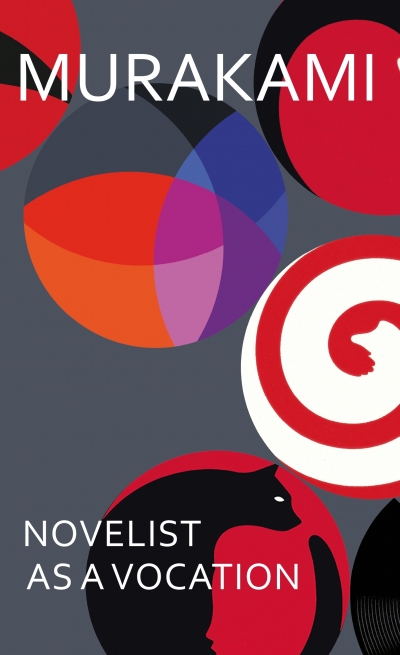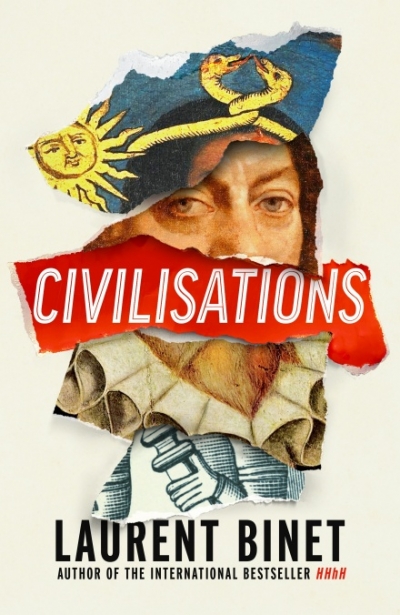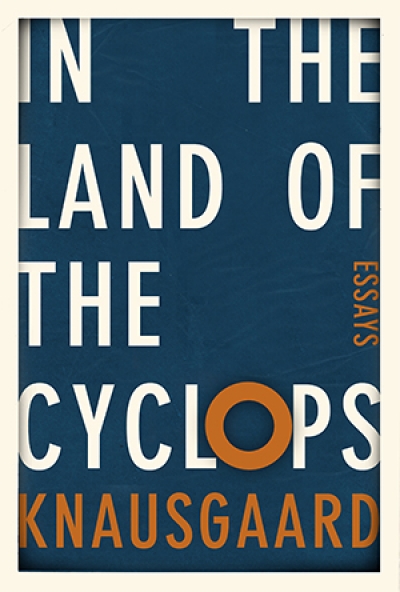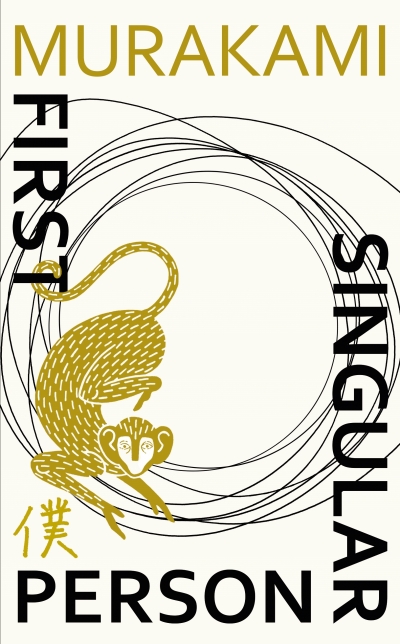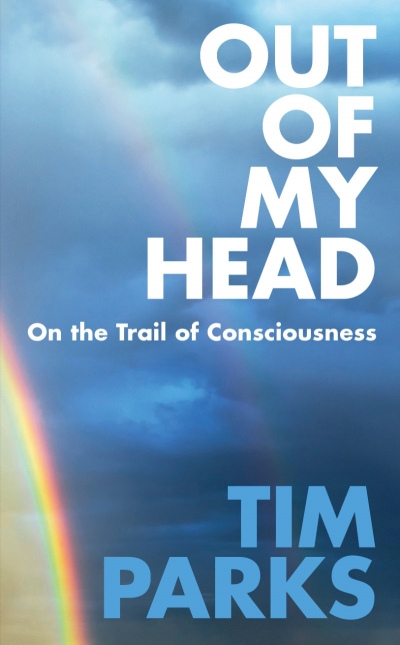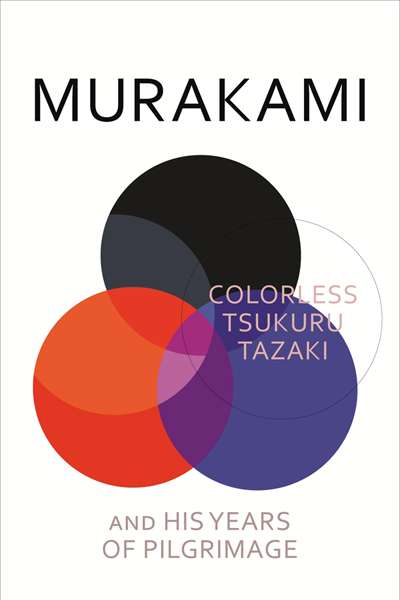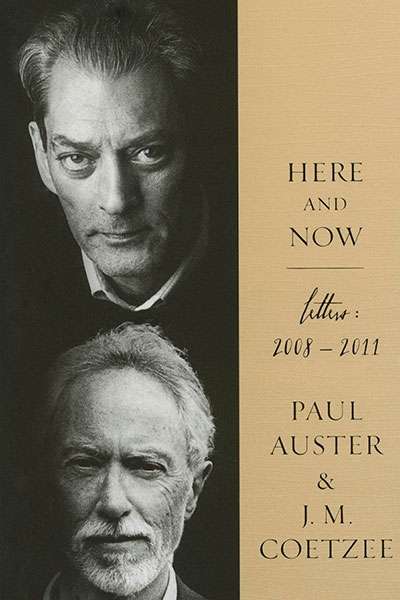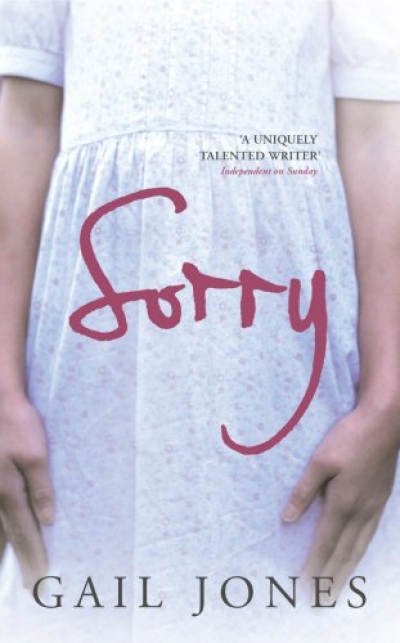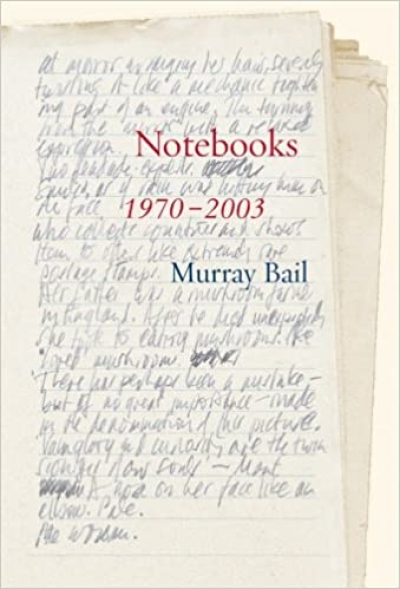Harvill Secker
Novelist as a Vocation by Haruki Murakami, translated by Philip Gabriel and Ted Goossen
by Cassandra Atherton •
Now over seventy, Benoîte Groult of the fierce name and fiercer disposition, has written a delightful story about sex and desire that is sure to turn heads. Its central character is a woman named George – as in Sand, and she is small and chic like that writer. (If you thought that George Sand was a formidable hulk of a woman with coarse hair and thin lips, this book points out that she was a little woman, with tiny feet, apparently.) The other half of the story is Gavin Lozerech, or at least that’s what he’s called for the purposes of this retelling of their passionate, life-long love affair. George toyed with Kevin, Tugdual and Brian Boru before she chose the pseudonym Gavin, as in the Gawain of the Breton cycle.
... (read more)Civilisations by Laurent Binet, translated by Sam Taylor
by Cristina Savin •
Colorless Tsukuru Tazaki and His Years of Pilgrimage by Haruki Murakami
by Alison Broinowski •
Here and Now by Paul Auster and J.M. Coetzee & Distant Intimacy by Frederic Raphael and Joseph Epstein
by Miriam Cosic •

